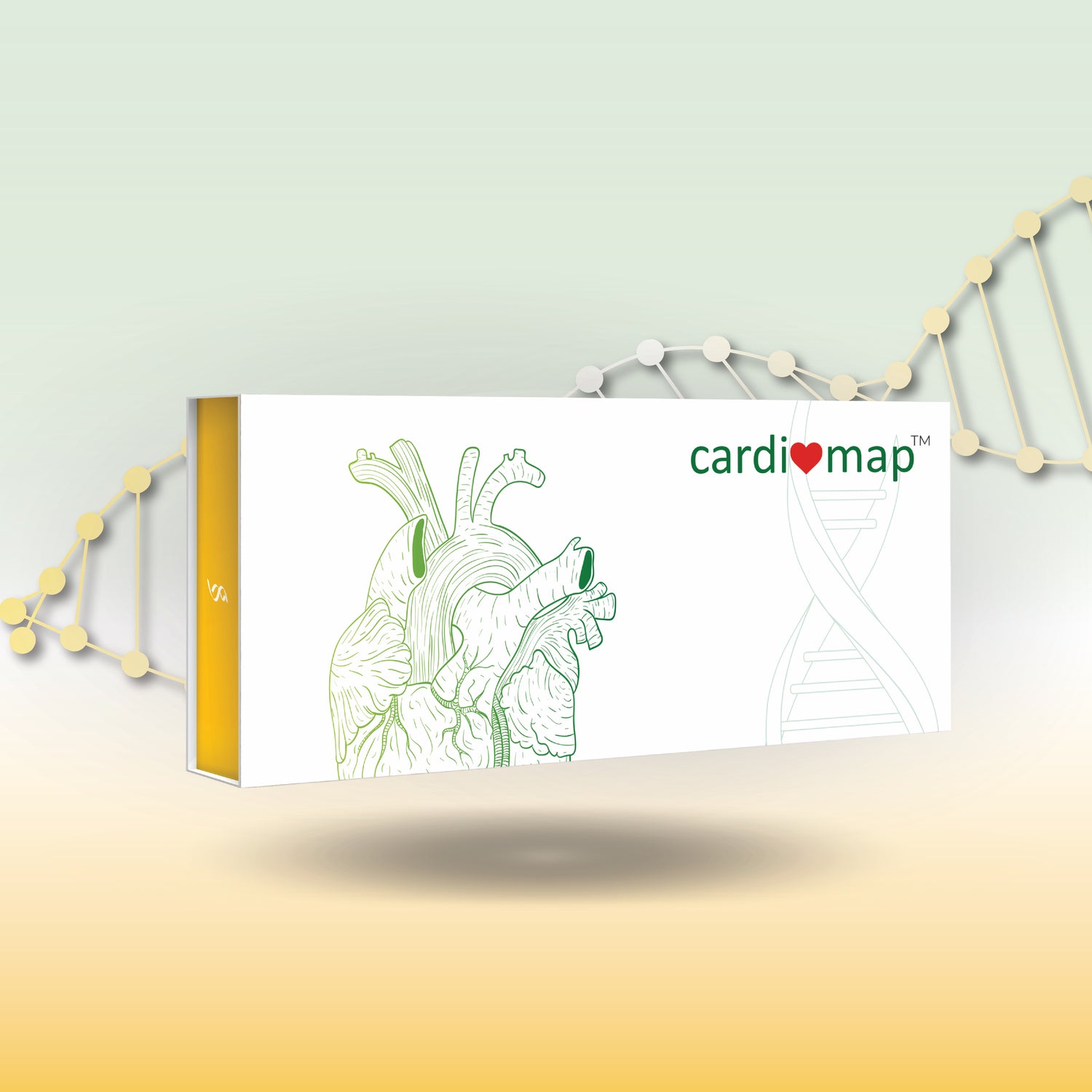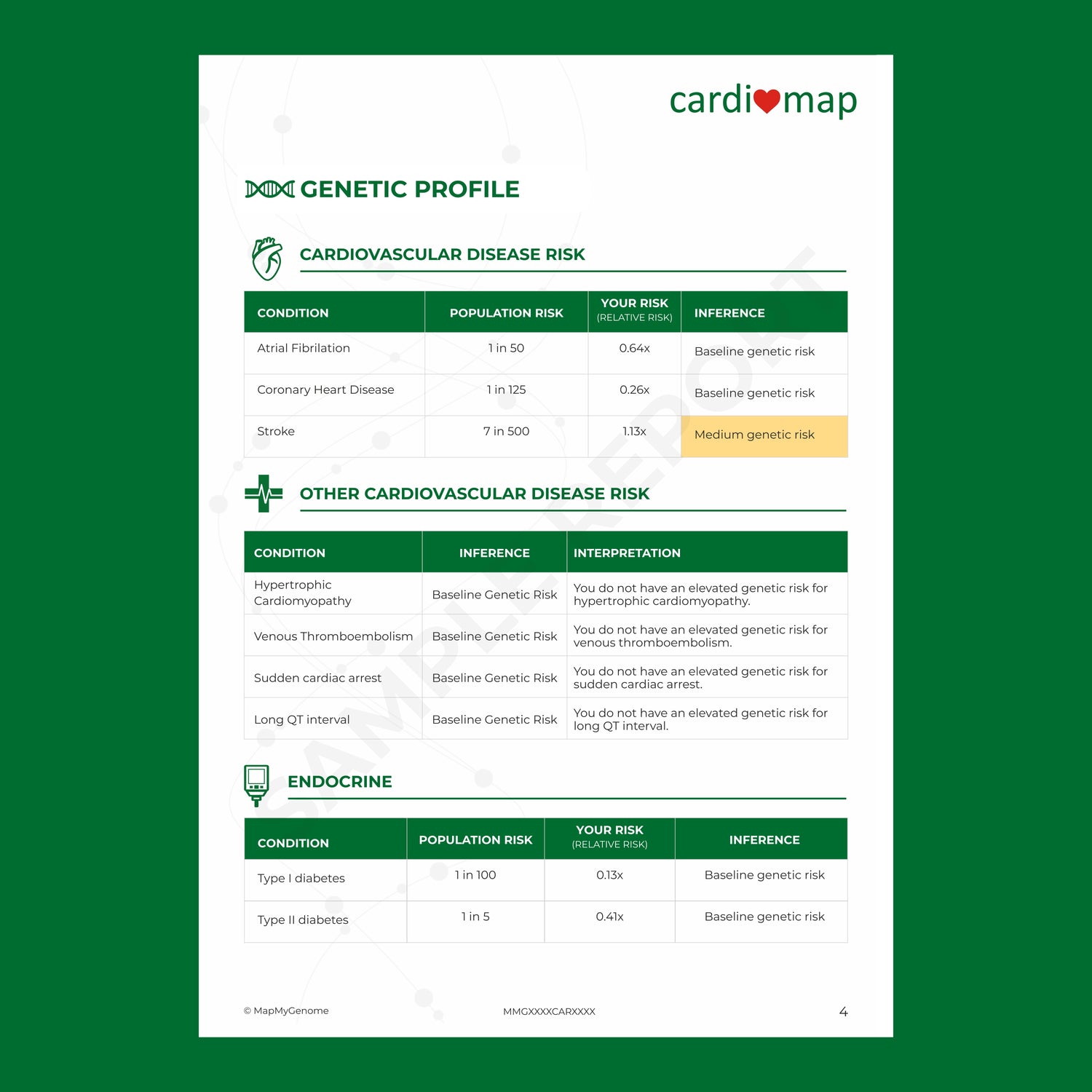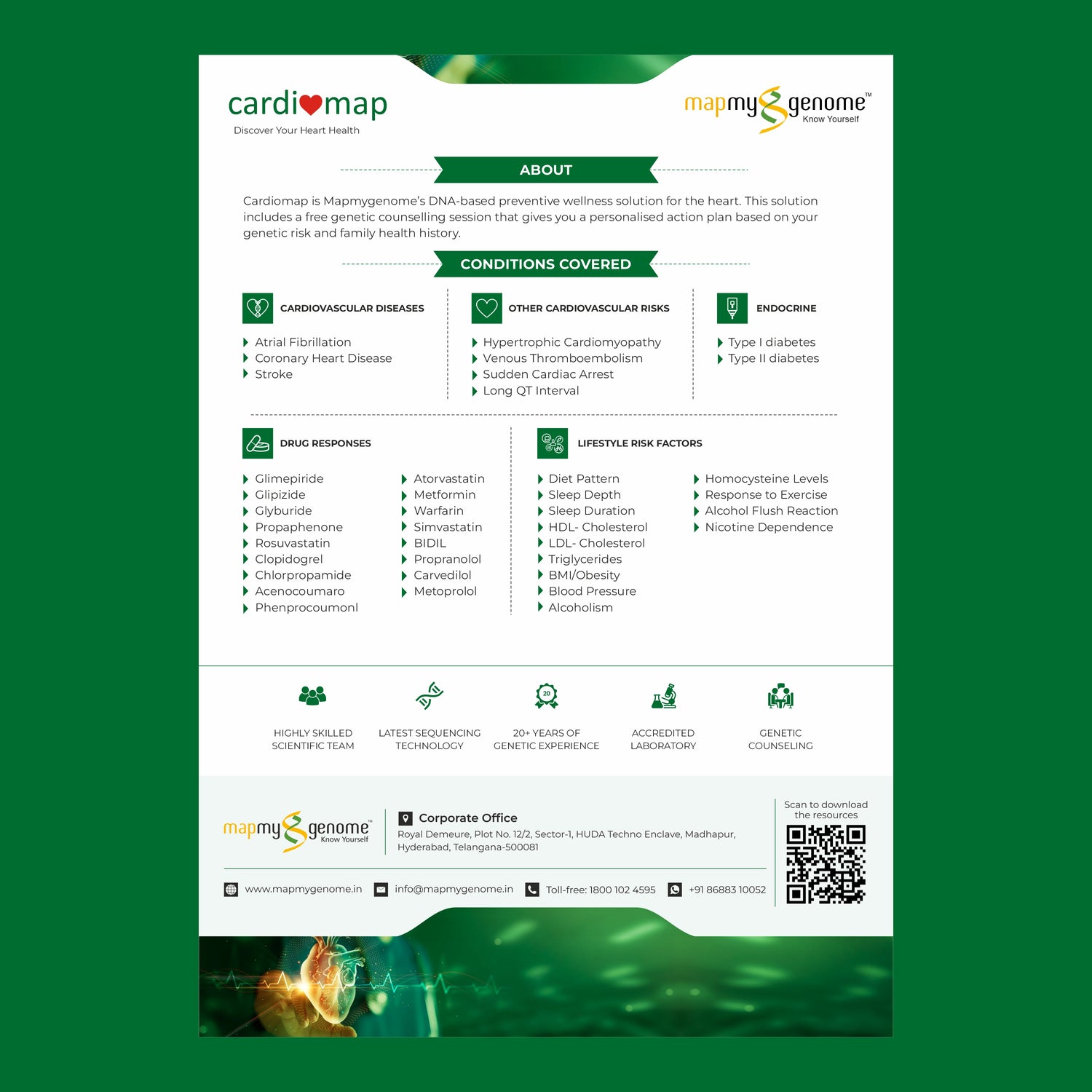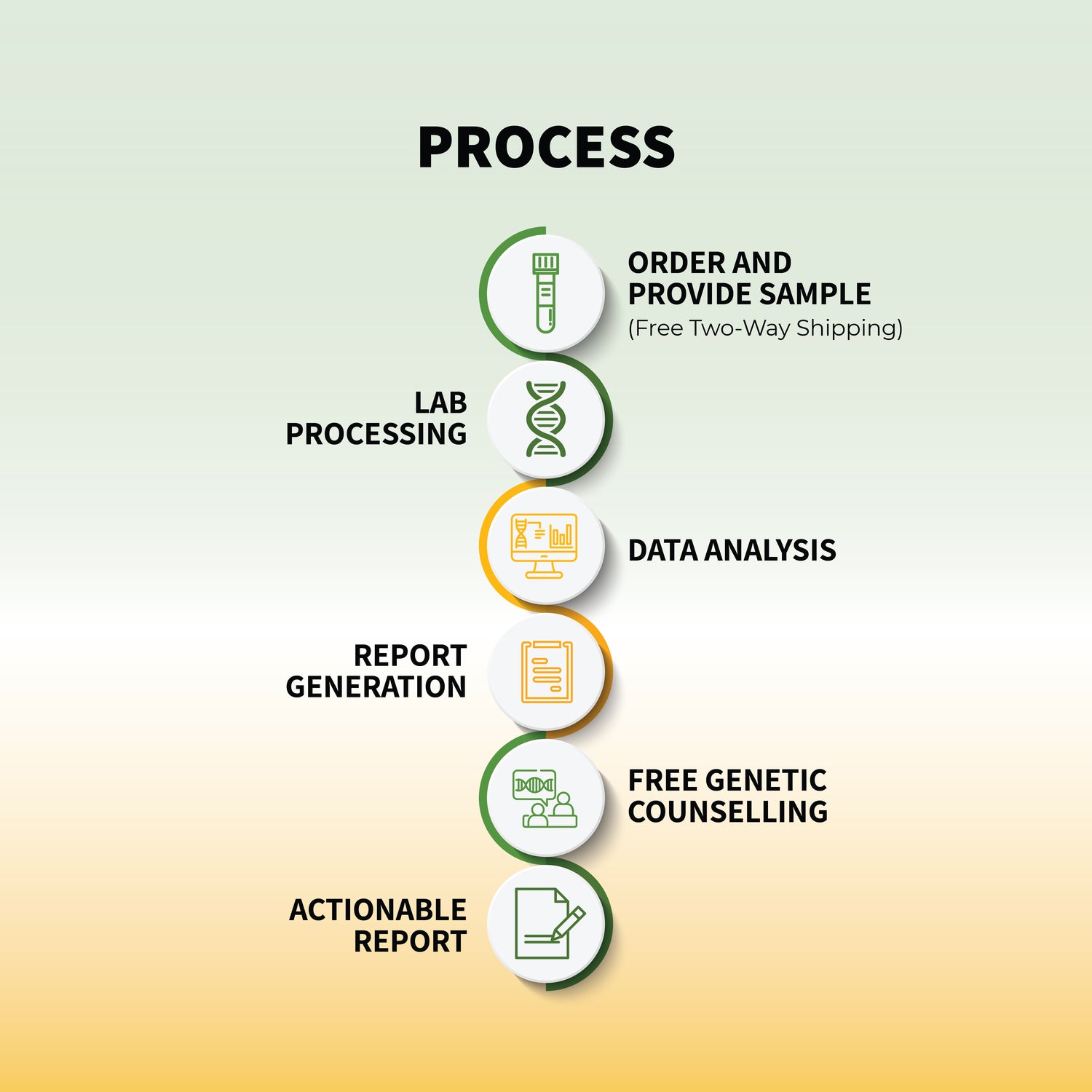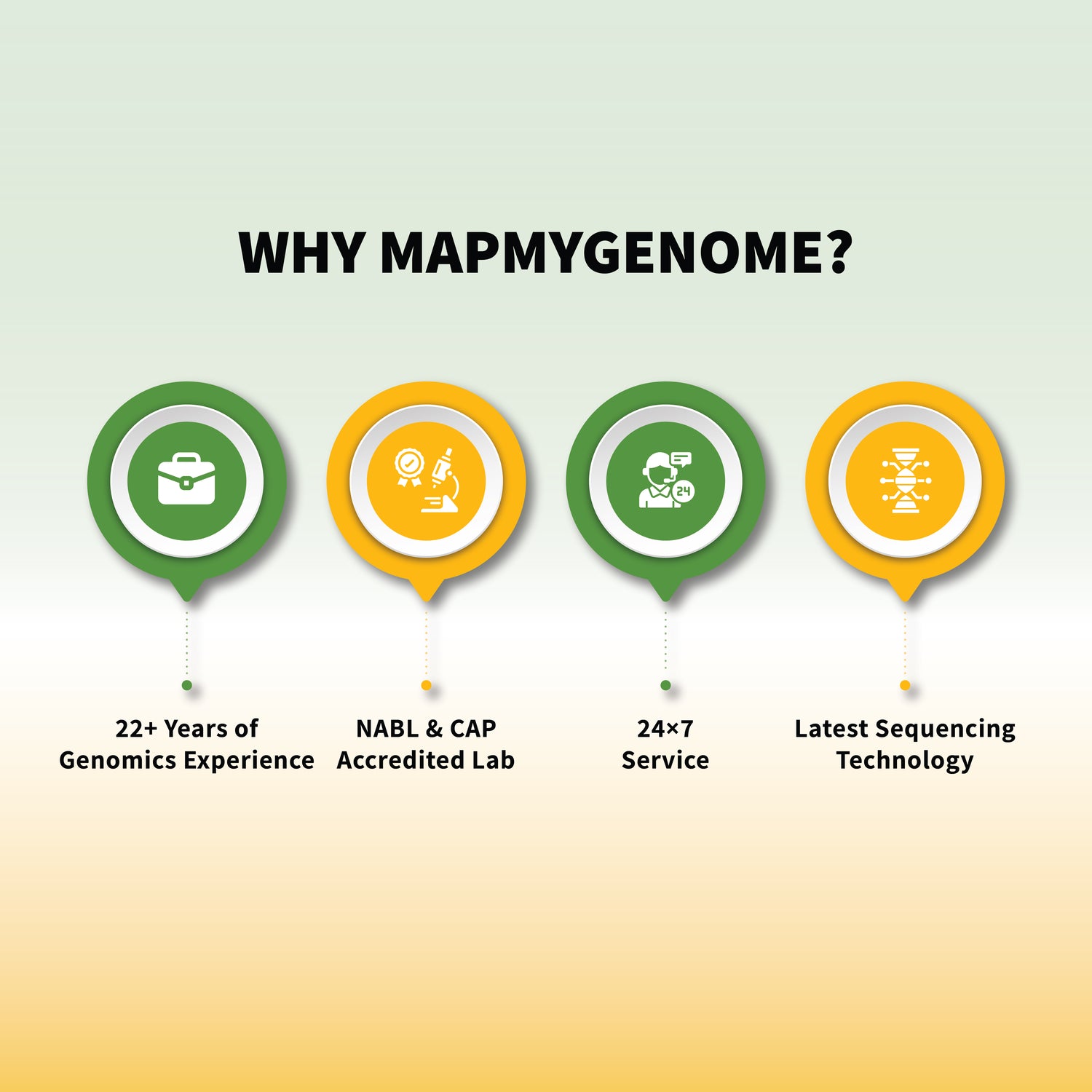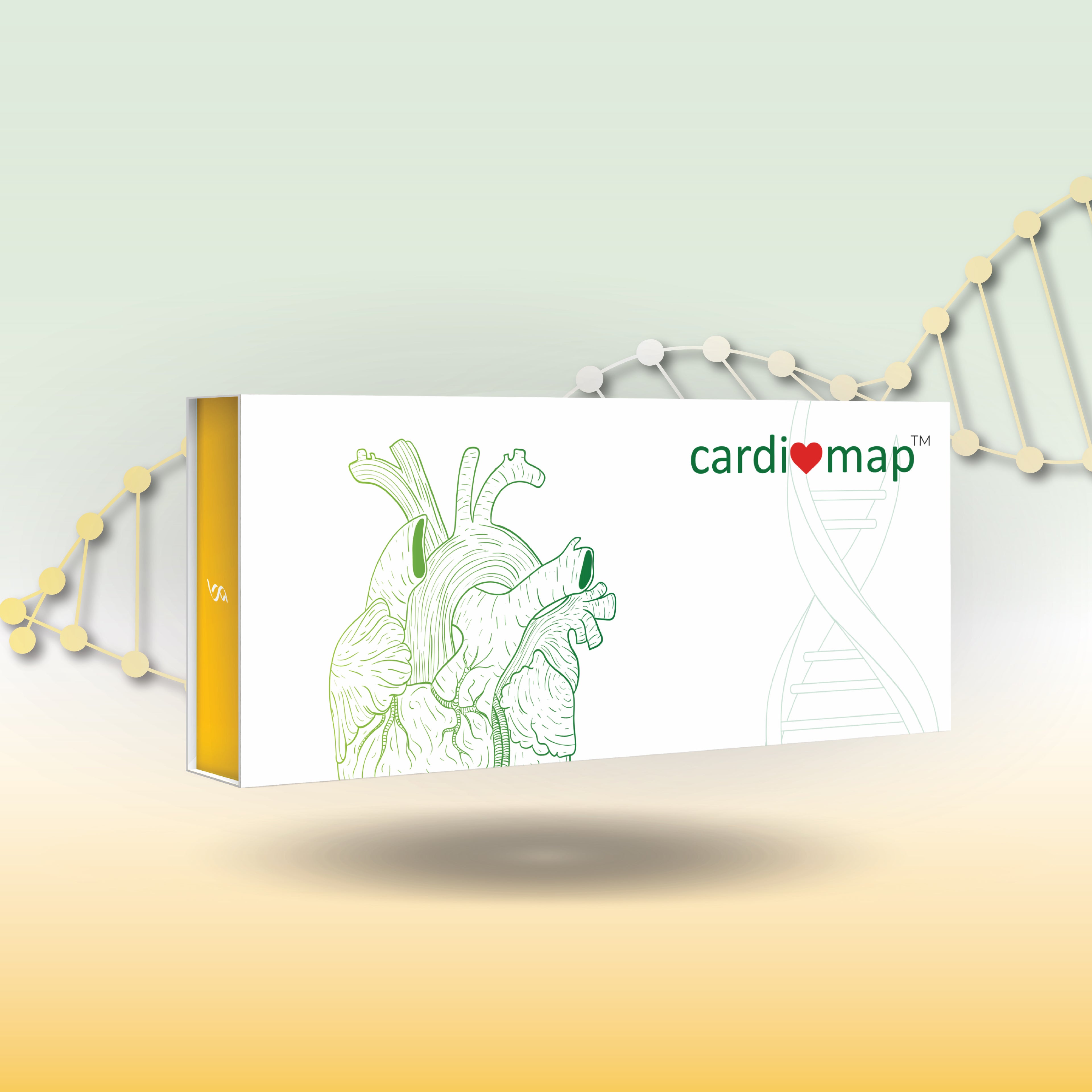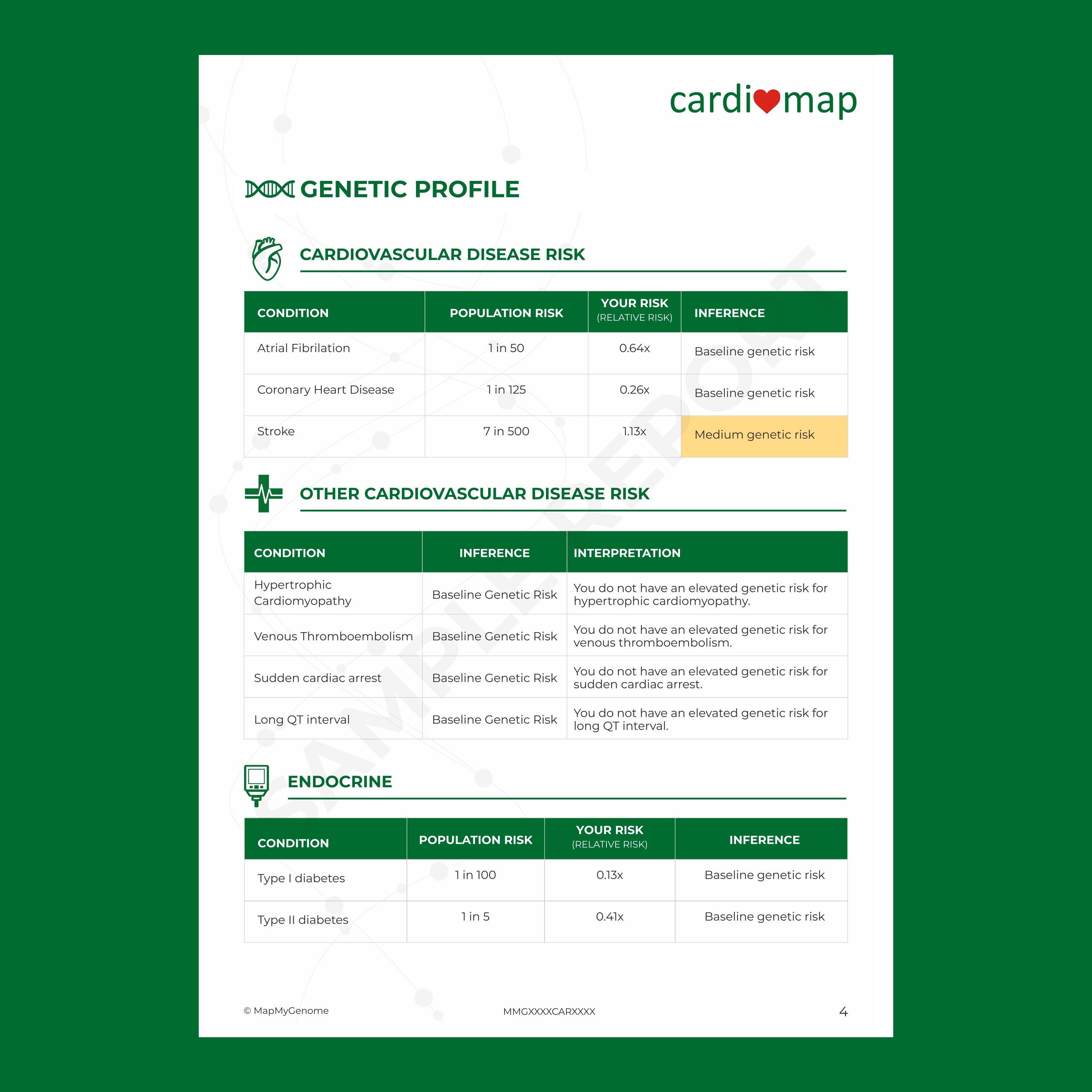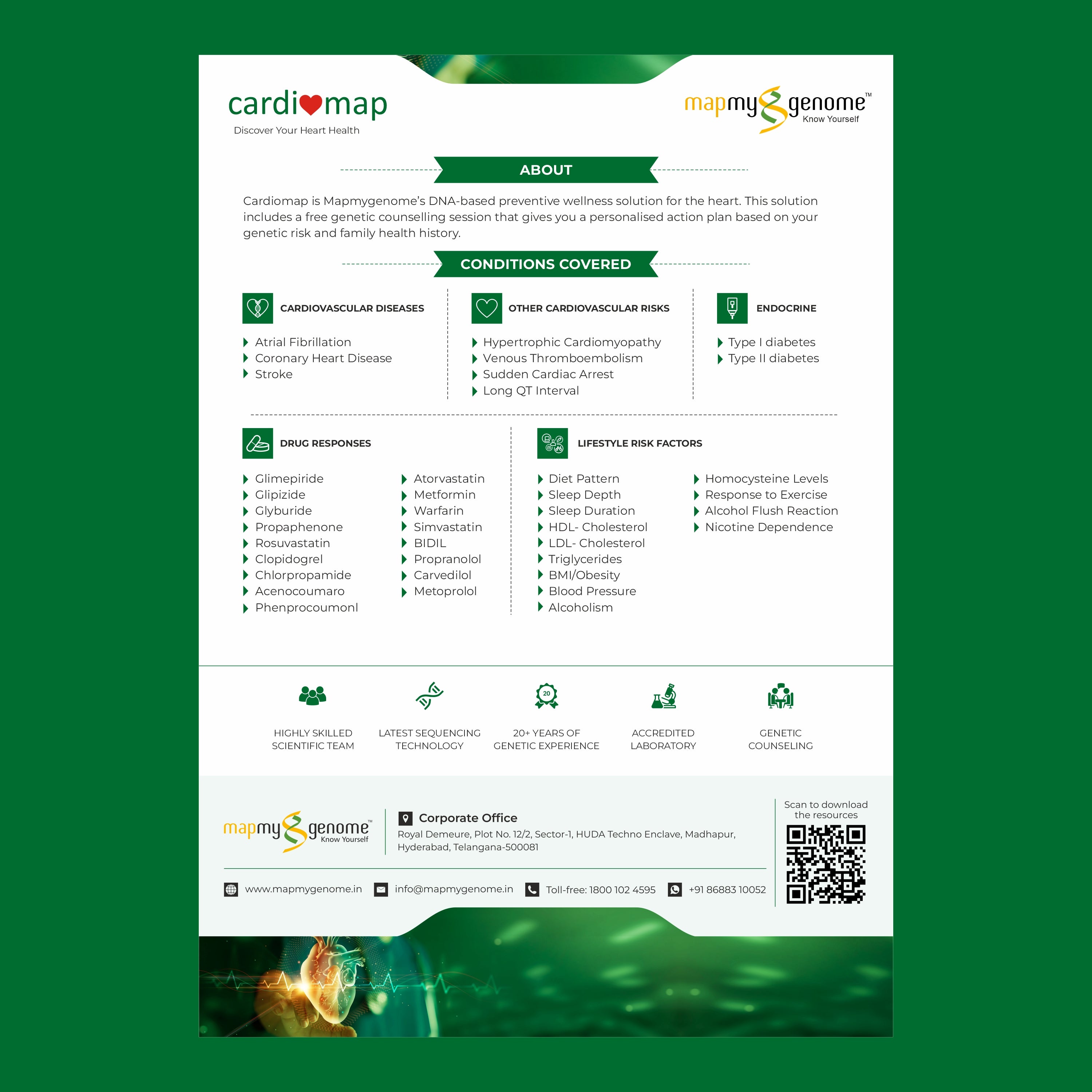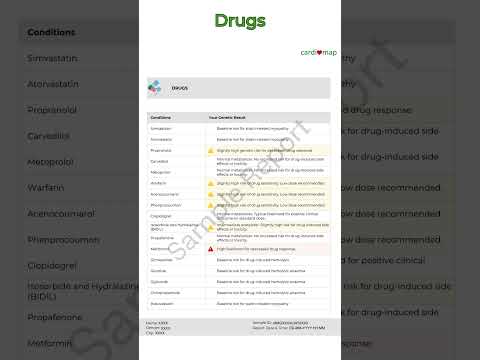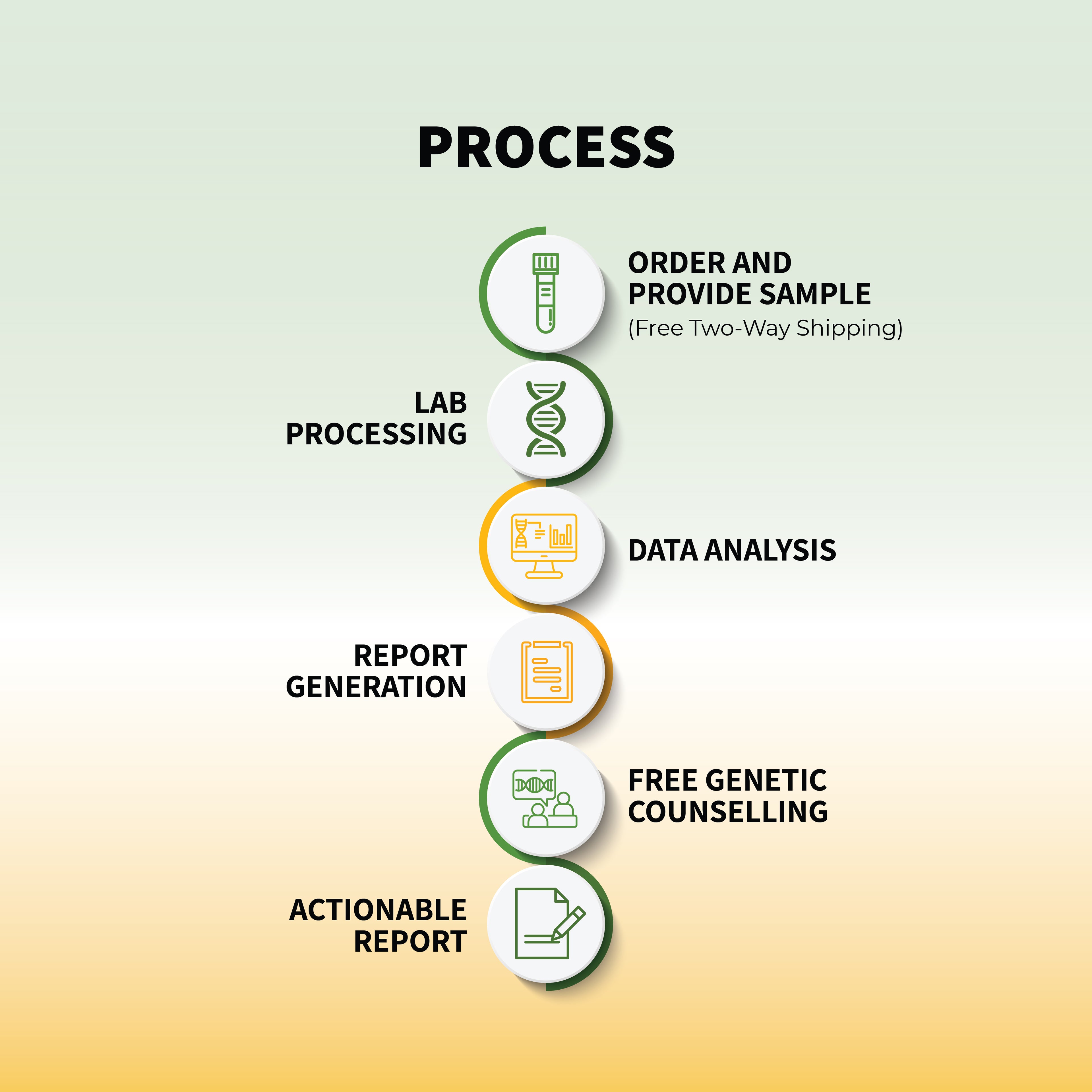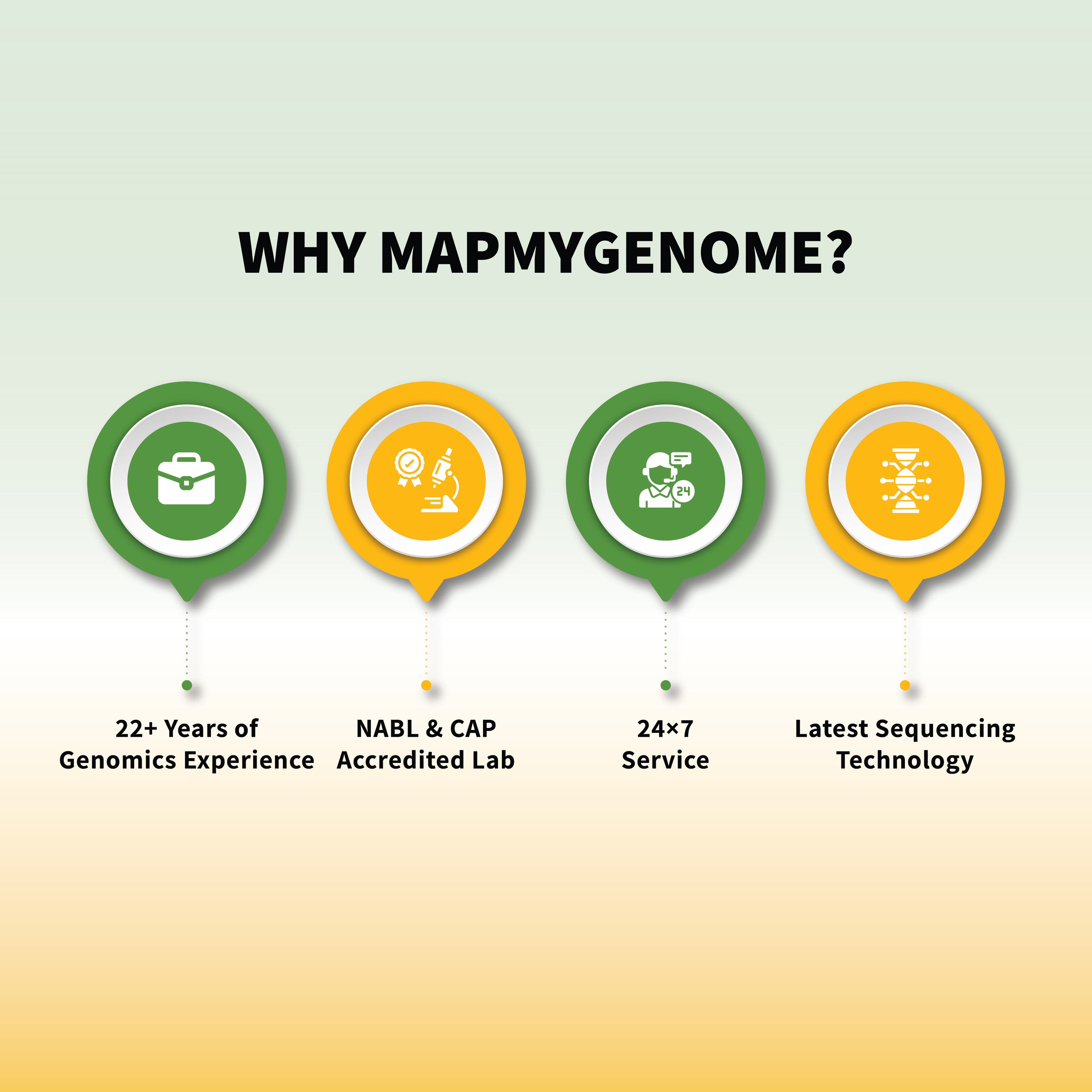सीने में तकलीफ़ चिंताजनक हो सकती है, खासकर तब जब यह पहचानना मुश्किल हो कि यह एसिडिटी जैसी किसी हल्की बीमारी की वजह से है या दिल के दौरे जैसी किसी गंभीर समस्या की वजह से। दोनों स्थितियों में सीने में दर्द, बेचैनी और दबाव जैसे समान लक्षण हो सकते हैं, जिससे उन्हें अलग करना मुश्किल हो जाता है। हालाँकि, एसिडिटी और दिल के दौरे के लक्षणों के बीच अंतर को समझना ज़रूरत पड़ने पर समय पर चिकित्सा सहायता प्राप्त करने के लिए महत्वपूर्ण हो सकता है। इस गाइड में, हम यह पता लगाएंगे कि प्रत्येक स्थिति की पहचान कैसे करें, किन संकेतों पर ध्यान दें और प्रत्येक स्थिति में क्या कार्रवाई करें।
अम्लता क्या है?
एसिडिटी, जिसे एसिड रिफ्लक्स या जीईआरडी (गैस्ट्रोएसोफेगल रिफ्लक्स डिजीज) के नाम से भी जाना जाता है, तब होती है जब पेट का एसिड वापस अन्नप्रणाली में चला जाता है, जिससे जलन होती है जिसे हार्टबर्न कहते हैं। यह आमतौर पर आहार, जीवनशैली की आदतों या अंतर्निहित जठरांत्र संबंधी समस्याओं से जुड़ा होता है। हालांकि यह जानलेवा स्थिति नहीं है, लेकिन अगर इसका इलाज न किया जाए तो क्रोनिक एसिड रिफ्लक्स असुविधाजनक और विघटनकारी हो सकता है।
एसिडिटी के सामान्य कारण:
- मसालेदार या वसायुक्त भोजन
- कैफीनयुक्त या कार्बोनेटेड पेय
- धूम्रपान
- अधिक भोजन करना या देर रात को खाना
- तनाव और चिंता
ह्रदयाघात क्या है?
दिल का दौरा , या मायोकार्डियल इंफार्क्शन, तब होता है जब हृदय के किसी हिस्से में रक्त का प्रवाह अवरुद्ध हो जाता है, आमतौर पर रक्त के थक्के के कारण। यह रुकावट हृदय की मांसपेशियों को नुकसान पहुंचाती है, जो तुरंत इलाज न किए जाने पर गंभीर, जानलेवा जटिलताओं का कारण बन सकती है। दिल के दौरे के लिए आपातकालीन चिकित्सा की आवश्यकता होती है, क्योंकि उपचार में देरी से हृदय को नुकसान पहुंचने का खतरा बढ़ जाता है।
दिल के दौरे के सामान्य कारण:
- उच्च रक्तचाप या कोलेस्ट्रॉल
- मोटापा और शारीरिक निष्क्रियता
- धूम्रपान और अत्यधिक शराब का सेवन
- हृदय रोग का पारिवारिक इतिहास
- आयु और तनाव कारक
एसिडिटी और हार्ट अटैक के लक्षणों के बीच मुख्य अंतर
दोनों स्थितियों में सीने में तकलीफ हो सकती है, लेकिन दर्द की प्रकृति और स्थान, साथ ही संबंधित लक्षण, उन्हें अलग करने में मदद कर सकते हैं। यहाँ अंतरों पर करीब से नज़र डाली गई है।
-
दर्द की प्रकृति:
- एसिडिटी: एसिडिटी से होने वाला दर्द आमतौर पर सीने में जलन या बेचैनी जैसा महसूस होता है। खाने के बाद यह दर्द और भी बढ़ सकता है और आमतौर पर एंटासिड या एसिड कम करने वाली दवाओं से इसे कम किया जा सकता है।
- हार्ट अटैक: हार्ट अटैक के दर्द को अक्सर छाती में दबाव, जकड़न या भारी दबाव के रूप में वर्णित किया जाता है। एसिडिटी के विपरीत, दर्द ओवर-द-काउंटर दवाओं से कम नहीं होता है और शरीर के अन्य भागों में फैल सकता है।
-
दर्द का स्थान:
- एसिडिटी: एसिडिटी से होने वाला दर्द आमतौर पर पेट के ऊपरी हिस्से या छाती के निचले हिस्से तक ही सीमित रहता है।
- दिल का दौरा: दिल के दौरे का दर्द अक्सर कंधों, बाएं हाथ, गर्दन, जबड़े या यहां तक कि पीठ तक फैल जाता है।
-
दर्द की अवधि:
- एसिडिटी: एसिडिटी का दर्द आमतौर पर कुछ घंटों में ठीक हो जाता है, खास तौर पर उपचार के बाद। लेटने या झुकने के बाद यह दर्द और भी बढ़ सकता है।
- हार्ट अटैक: हार्ट अटैक का दर्द कुछ मिनटों से ज़्यादा समय तक रह सकता है और आराम करने से भी ठीक नहीं होता। यह दर्द लहरों के रूप में आ सकता है और लगातार बना रह सकता है।
-
अन्य लक्षण:
- अम्लता: डकार आना, पेट फूलना, मुंह में खट्टा स्वाद और मतली जैसे लक्षण अक्सर अम्लता के साथ होते हैं।
- हार्ट अटैक: सीने में दर्द के अलावा, हार्ट अटैक में पसीना आना, सांस फूलना, चक्कर आना, जी मिचलाना और थकान जैसे लक्षण भी हो सकते हैं। ये लक्षण अक्सर अचानक आते हैं।
हार्टबर्न बनाम हार्ट अटैक: ओवरलैप को समझना
एसिडिटी और हार्ट अटैक के लक्षणों में समानता भ्रम और चिंता का कारण बन सकती है। जबकि हार्टबर्न आमतौर पर पाचन संबंधी समस्याओं का परिणाम होता है, जलन सीने में दर्द की तरह महसूस हो सकती है। हालांकि, यह याद रखना महत्वपूर्ण है कि हार्टबर्न के साथ आमतौर पर सांस फूलना, पसीना आना या शरीर के बाएं हिस्से में दर्द होना जैसे लक्षण नहीं होते हैं, जो हार्ट अटैक के अधिक संकेत हैं।
स्थिति की पहचान करने में मदद करने वाले मुख्य प्रश्न
यदि आपको सीने में तकलीफ हो रही है, तो इसका कारण जानने के लिए निम्नलिखित प्रश्नों पर विचार करें:
-
क्या खाने के बाद दर्द जलन जैसा महसूस होता है?
यदि हां, तो यह एसिडिटी होने की संभावना है, खासकर यदि यह भोजन के बाद या लेटने पर हो। -
क्या दर्द आपकी बांह, कंधे या जबड़े तक फैलता है?
शरीर के अन्य भागों में दर्द फैलना दिल के दौरे का अधिक सामान्य लक्षण है। -
क्या एंटासिड से राहत मिलती है?
अगर एंटासिड आपकी तकलीफ़ को कम करता है, तो एसिडिटी इसका कारण हो सकती है। एंटासिड के इस्तेमाल के बावजूद दिल के दौरे का दर्द बना रहेगा। -
क्या आपको जकड़न या दबाव का अहसास हो रहा है?
छाती में जकड़न या दबाव की अनुभूति आमतौर पर एसिडिटी की तुलना में दिल के दौरे से अधिक जुड़ी होती है। -
क्या आपको पसीना आ रहा है या बेहोशी महसूस हो रही है?
पसीना आना, बेहोशी आना या अचानक चक्कर आना आमतौर पर एसिडिटी की तुलना में दिल के दौरे से अधिक जुड़ा हुआ है।
तत्काल चिकित्सा सहायता कब लें
हालांकि हल्के एसिडिटी के लक्षणों को आमतौर पर घर पर ही प्रबंधित किया जा सकता है, लेकिन कुछ चेतावनी संकेतों के लिए तत्काल चिकित्सा की आवश्यकता होती है, खासकर तब जब लक्षण सामान्य उपचारों से ठीक न हों।
- लगातार दर्द: यदि सीने में दर्द कुछ मिनटों के बाद भी कम नहीं होता है और तीव्र बना रहता है, तो चिकित्सकीय सहायता लें।
- साथ-साथ होने वाले लक्षण: यदि सीने में दर्द के साथ पसीना आना, सांस लेने में तकलीफ या मतली हो रही हो, तो यह देखने के लिए इंतजार न करें कि दर्द दूर हो जाता है या नहीं - आपातकालीन सेवाओं को कॉल करें।
- पारिवारिक इतिहास: यदि आपके परिवार में हृदय रोग का इतिहास रहा है और आपको सीने में तकलीफ होती है, तो बेहतर है कि आप सावधानी बरतें।
- मौजूदा हृदय रोग: जिन व्यक्तियों को हृदय रोग है, उन्हें किसी भी नए सीने में दर्द या तकलीफ को गंभीरता से लेना चाहिए, भले ही उन्हें संदेह हो कि यह एसिडिटी से संबंधित है।
एसिडिटी से राहत के लिए आप क्या कर सकते हैं?
हल्की एसिडिटी के लिए जीवनशैली में कुछ सरल परिवर्तन और उपचार राहत प्रदान कर सकते हैं:
- छोटे, संतुलित भोजन करें: अधिक भोजन करने से पेट पर दबाव बढ़ता है और एसिड रिफ्लक्स की संभावना बढ़ जाती है।
- उत्तेजक खाद्य पदार्थों से बचें: मसालेदार, वसायुक्त और अम्लीय खाद्य पदार्थ, साथ ही कैफीन, अम्लता को बढ़ा सकते हैं।
- भोजन के बाद सीधे खड़े रहें: लेटने से पहले अपने पेट को भोजन पचाने का समय दें, ताकि एसिड पुनः अन्नप्रणाली में न जाए।
- एंटासिड का प्रयोग करें: बिना डॉक्टर की पर्ची के मिलने वाले एंटासिड पेट के एसिड को निष्क्रिय करके त्वरित राहत प्रदान कर सकते हैं।
नियमित स्वास्थ्य जांच की भूमिका
नियमित स्वास्थ्य जांच और स्क्रीनिंग संभावित हृदय संबंधी समस्याओं को रोकने और उनका जल्द पता लगाने में महत्वपूर्ण भूमिका निभाते हैं। अगर आपको अक्सर सीने में तकलीफ़ महसूस होती है, तो हृदय संबंधी समस्याओं से बचने के लिए अपने स्वास्थ्य सेवा प्रदाता से बात करें।
निष्कर्ष
एसिडिटी और हार्ट अटैक के लक्षणों के बीच अंतर करना चुनौतीपूर्ण हो सकता है, खासकर तब जब दोनों स्थितियों के लक्षण एक जैसे हों। हालांकि, प्रत्येक से जुड़े विशिष्ट लक्षणों के प्रति सचेत रहने से आपको अपने स्वास्थ्य के बारे में बेहतर निर्णय लेने में मदद मिल सकती है।
जब संदेह हो, तो समय पर देखभाल सुनिश्चित करने के लिए हमेशा किसी स्वास्थ्य सेवा पेशेवर से परामर्श करना सबसे अच्छा होता है। याद रखें, दिल के दौरे के लक्षण सूक्ष्म हो सकते हैं और अलग-अलग व्यक्तियों में अलग-अलग हो सकते हैं, इसलिए उन्हें नज़रअंदाज़ न करना महत्वपूर्ण है।



